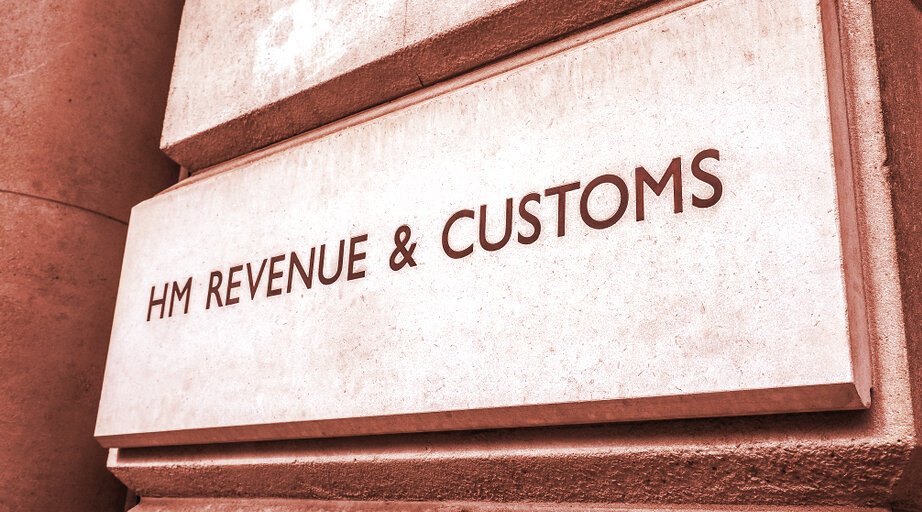Her Majesty’s Revenue and Customs (HMRC)—the UK’s tax, payments, and customs authority—has updated the rules that govern decentralized finance (DeFi) and crypto staking.
“The lending/staking of tokens through decentralized finance (DeFi) is a constantly evolving area, so it is not possible to set out all the circumstances in which a lender/liquidity provider earns a return from their activities and the nature of that return,” HMRC said.
As a result, HMRC has set out a series of “guiding principles” that act as general guidance on determining the nature of return related to DeFi or staking should be classed as income or as capital gains.
“That is, was the return earned by the lender/liquidity provider by providing a service to the borrower/DeFi lending platform, or was the return realized from the capital growth of an asset owned by the lender/liquidity provider?”
HMRC’s crypto tax guidance
HMRC has published four distinct points designed to assist individuals in determining the nature of their return.
First, whether the return received by the lender or liquidity provider is known “at the time the agreement is made.” If it is known, this would indicate a revenue receipt, but if it is unknown, it would indicate a capital receipt.
Second, if the return is realized through the disposal of a capital asset, it indicates a capital receipt. In contrast, should the return be paid by the borrower/DeFi lending platform to the lender/liquidity provider, the return should be classified as a revenue receipt.
Third, one-off payments are “more likely” to have the nature of capital, while recurring payments are “more likely” to have the nature of income.
Lastly, HMRC cites whether the period of lending is “fixed or indefinite, short term or long term” as another variable that determines the nature of the return.
Reaction to HMRC’s guidance
Ian Taylor, executive director at CryptoUK, has criticized HMRC’s stance.
“HMRC treats crypto assets as property for tax purposes. However, this is inconsistent with the approach currently being adopted by Government and other regulatory bodies in the UK, including the Treasury and the FCA, who regard crypto assets as financial instruments and regulate them as in line with other financial services and products” said Taylor.
He added, “this inconsistent approach by HMRC creates friction for crypto investors, adds undue reporting requirements for the consumer, and creates tax compliance confusion.”
The FCA does not regulate most crypto services and has previously warned that if “something goes wrong,” individuals are unlikely to have access to the Financial Services Compensation Scheme or the Financial Ombudsman Service.
In January 2020, new regulatory powers that were introduced allowed the FCA to supervise only how crypto businesses manage the risks of money laundering and counter-terrorism financing.
Source: https://decrypt.co/91934/uk-government-updates-crypto-tax-rules-defi-staking



